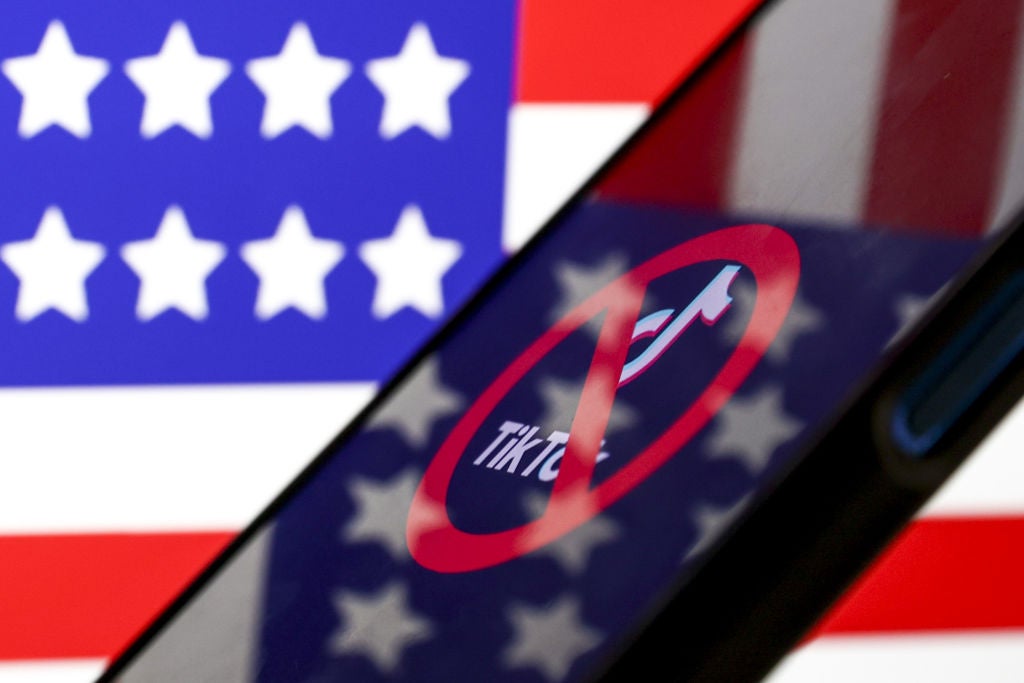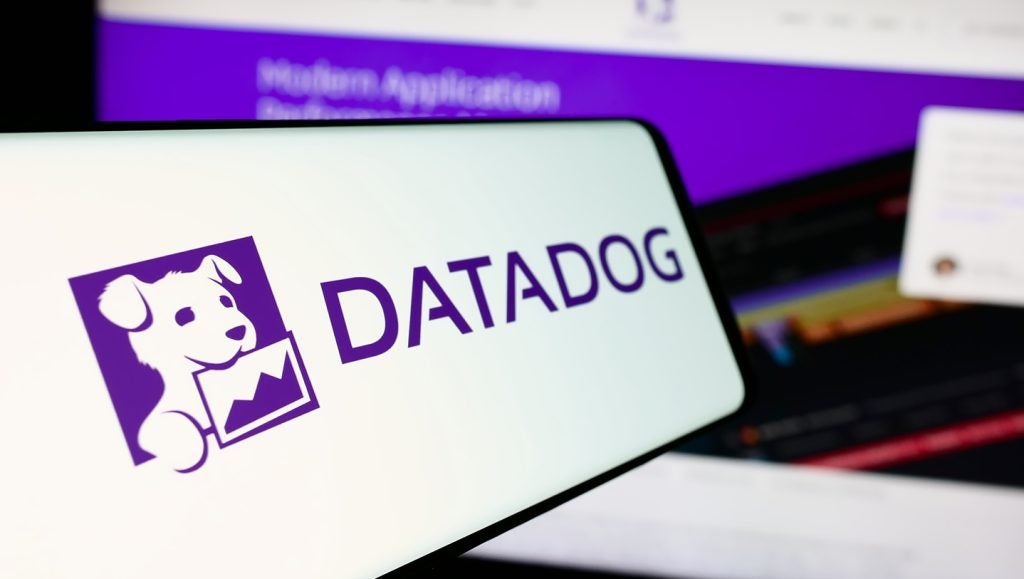
The US Government will fast-track a vote next week on legislation forcing China’s ByteDance to divest TikTok or face a complete ban of the short video app in the US.
On Thursday (7 March), the Energy and Commerce Committee voted 50–0 to approve the legislation, marking the most significant push of a complete crackdown on the popular Chinese-owned app since 2020.
TikTok, which has continued to refute claims it would share any data with China, said the legislation has a predetermined outcome of banning TikTok in the US.
“The government is attempting to strip 170 million Americans of their Constitutional right to free expression,” a TikTok spokesperson said in a statement.
“This will damage millions of businesses, deny artists an audience, and destroy the livelihoods of countless creators across the country,” it added.
Representative Frank Pallone, a Democrat on the committee, said he hopes the divestment of TikTok will enable Americans to “continue to use this and other similarly situated platforms without the risk that they are being operated and controlled by our adversaries”.

US Tariffs are shifting - will you react or anticipate?
Don’t let policy changes catch you off guard. Stay proactive with real-time data and expert analysis.
By GlobalDataIf the bill were to pass, ByteDance would have around five months to divest TikTok. At the same time, app stores would have to stop supporting the application and all other services tied to ByteDance.
The American Civil Liberties Union (ACLU), one of the largest human rights organisations in the US, has accused the bill of being unconstitutional.
“We are deeply disappointed that our leaders are once again attempting to trade our First Amendment rights for cheap political points during an election year,” said Jenna Leventoff, senior policy counsel at the ACLU.
The bill would grant the president new powers to designate apps with more than a million active users a security risk, subjecting them to curbs and bans.
In November, a US judge blocked Montana’s first-of-its kind state ban on TikTok. The judge claimed it had violated US users’ rights to free speech.







